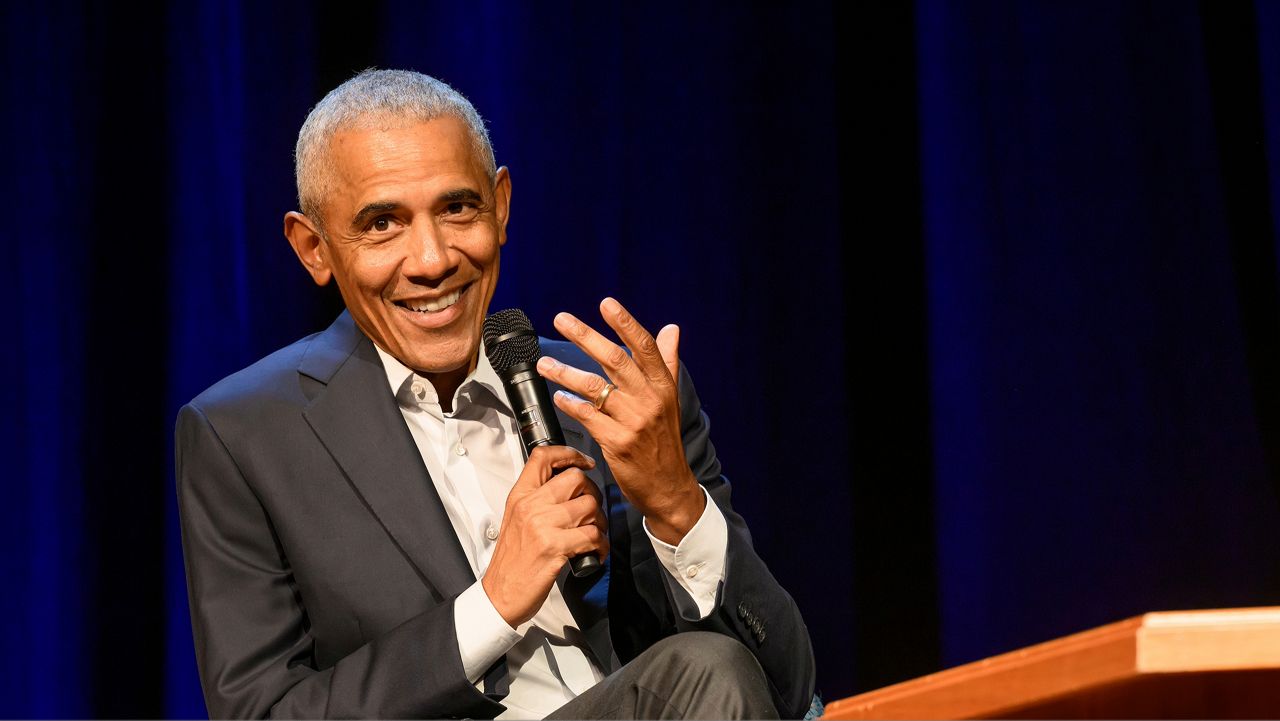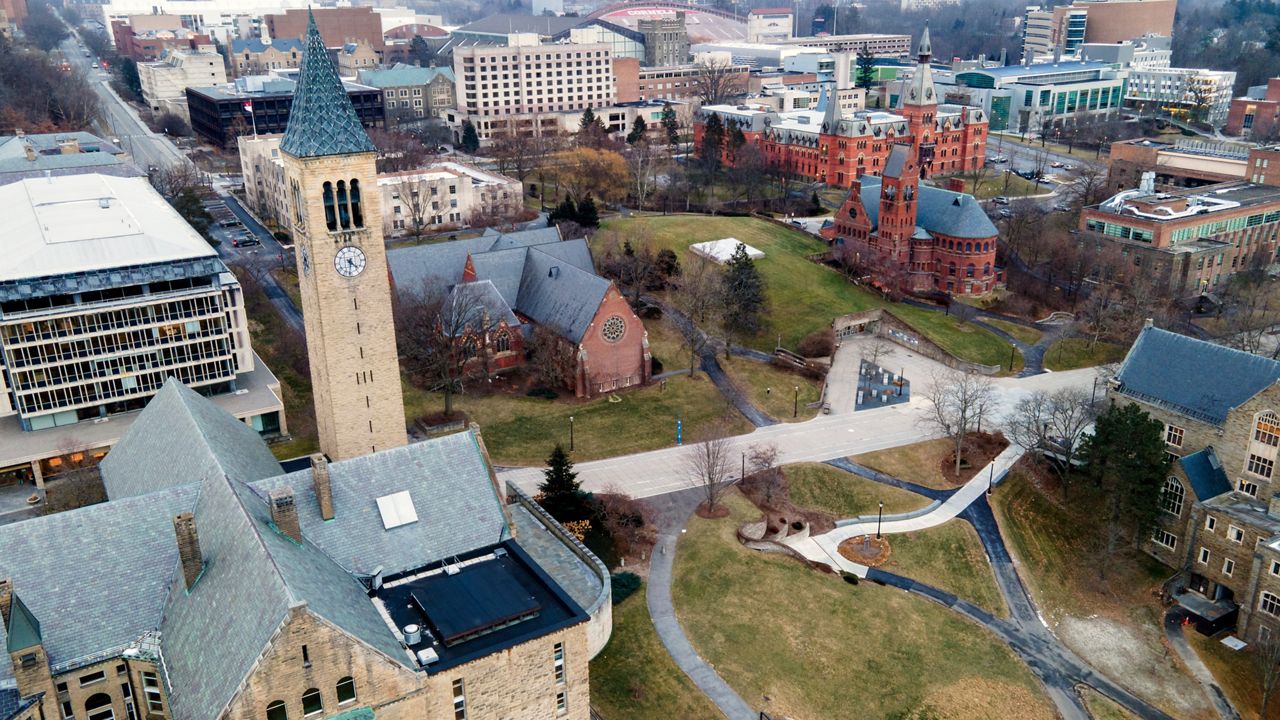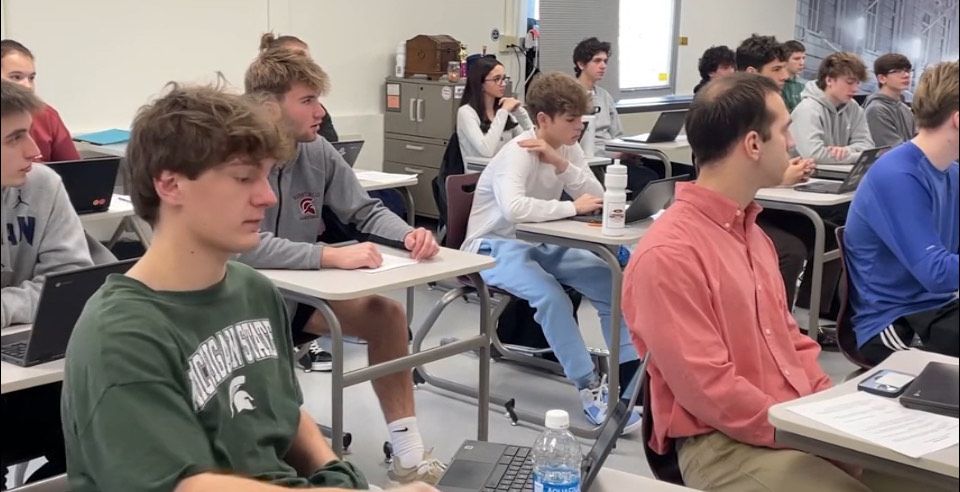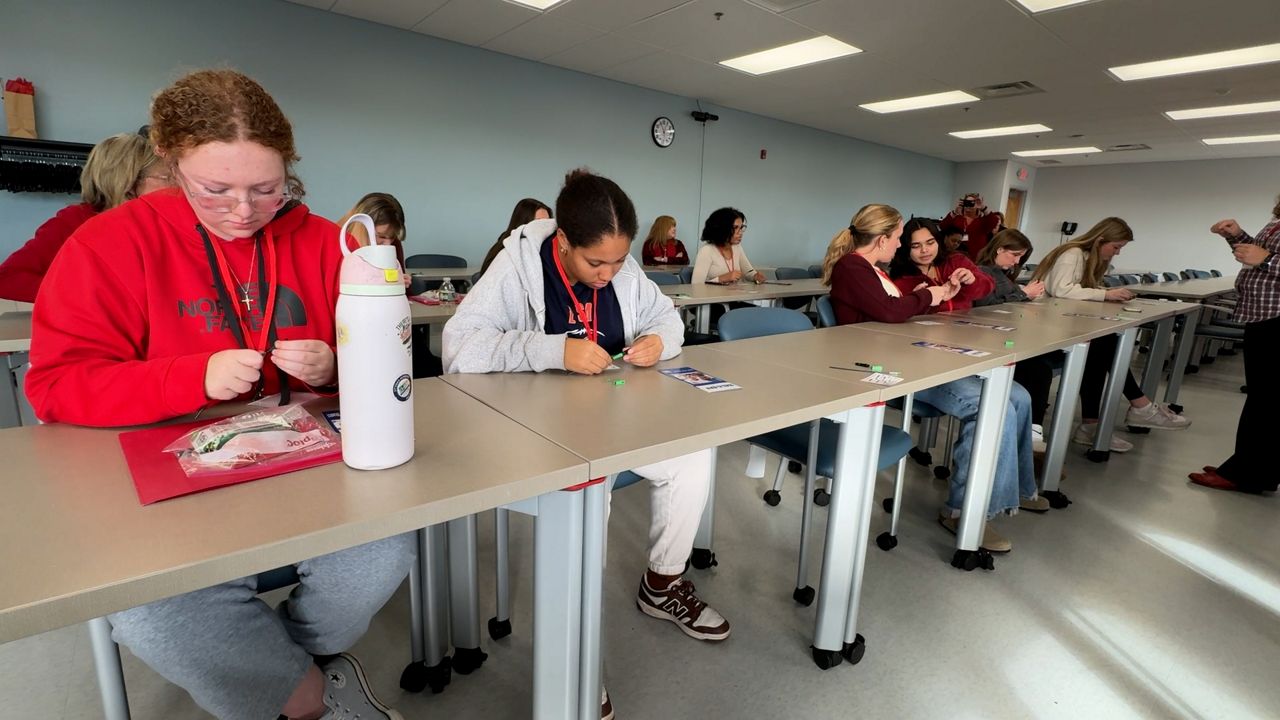With more legal restrictions, advancing some forms of diversity and inclusion at institutions across the country has become increasingly challenging. Universities and colleges across the state, however, are trying to overcome the obstacles.
Syracuse University this week is holding its DEIA Symposium to promote inclusiveness.
Mary Grace Almandrez is the vice president of the Office of Diversity and Inclusion at SU. She knows how important diversity and inclusion is in higher education.
“It's critical," she said. "You know, when we think about the global society that our students are going to be entering, it's important that they know how to build both collaboration and partnerships, but friendships with people, again, who are both similar and different from them."
She recalled one of the challenges she faced while attending the University of San Diego.
“I remember going to the opening event at my college campus and I felt isolated. I felt alone," she said. "I remembered seeing no one who looked like me, being really confused, thinking did I make a mistake coming to this campus.”
Eventually, she met students who introduced her to diversity and inclusion initiatives and the school's Multi-Cultural Center. That’s where the feeling of isolation faded – and why she’s in the position today.
“I want all of our students to feel a sense of community, to feel like they belong, to feel like there are friendships that they’re developing that are lifelong," said Almandrez. "And I wouldn’t be doing this work if those students didn’t introduce me to the Multi-Cultural Center at the time.”
But earlier this year, the Supreme Court struck down affirmative action, saying race cannot be a factor in the college or university admission process. According to U.S. News and World Report, five states have passed legislation that ban certain DEI initiatives and programs. New York isn’t one of them, and SU’s goal is to bring everyone together, Almandrez said.
“We have 119 Euclid, which is an affinity space for Black students; 113 Euclid, which houses native students," she said. "We also have the National Veterans Resource Center. We have the Intercultural Collective, so a lot of what we do is to actually to help facilitate building a sense of community."
Staying connected to the students is a huge part of making sure they feel welcomed.
"A lot of what we do is to make sure we make ourselves available to our students," she said. "So, I host monthly open hours where, for example, any student, faculty and staff member can come see me and share their concerns. I host an open forum every semester."
It's to create the best future possible.
“We also know the most innovative teams are the ones that are most diverse," Almandrez said. "So coming up with creative solutions to the biggest social issues requires us to have people of different perspectives and different identities to land their voice.”










